
An investigation at Wayne State University has prompted five retractions for a scientist who is suing PubPeer commenters after they criticized his work on the site.
The investigation into Fazlul Sarkar and his co-authors found that the papers contain images that were “inappropriately manipulated” or “inappropriately re-used and re-labeled.” All five retraction notices are from the Journal of Cellular Biochemistry.
Here’s the retraction notice for “Concurrent inhibition of NF-κB, cyclooxygenase-2, and epidermal growth factor receptor leads to greater anti-tumor activity in pancreatic cancer:
Continue reading Researcher suing PubPeer commenters earns 5 retractions following investigation

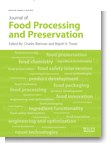

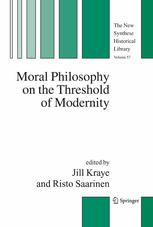
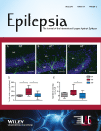
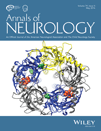
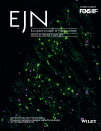
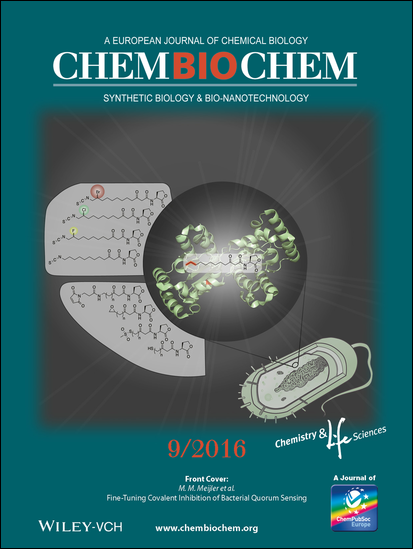 It was
It was 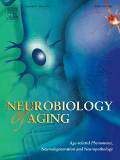 Four different journals have pulled papers from the same authors due to alleged duplication or manipulation of images.
Four different journals have pulled papers from the same authors due to alleged duplication or manipulation of images.